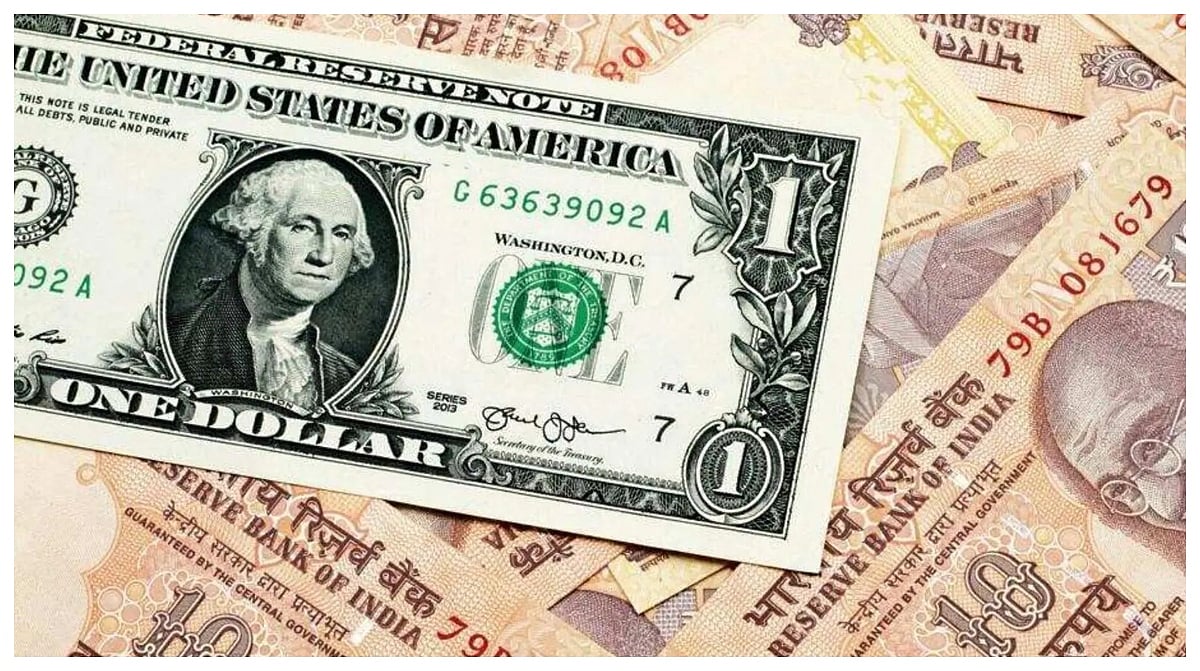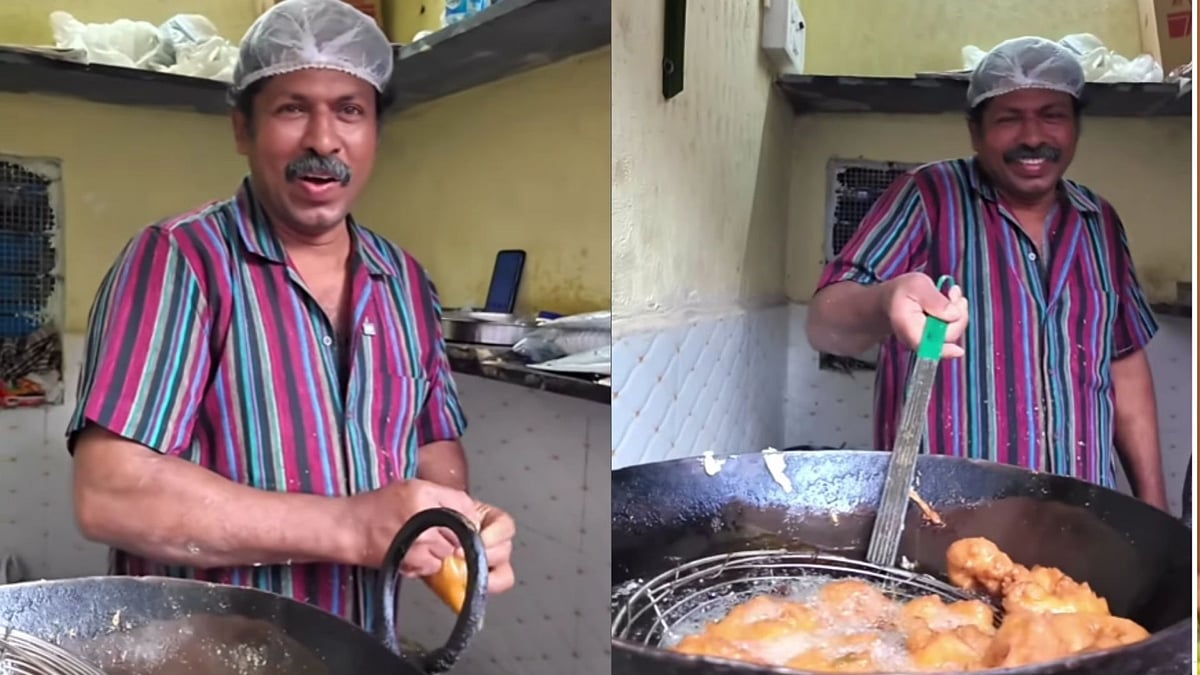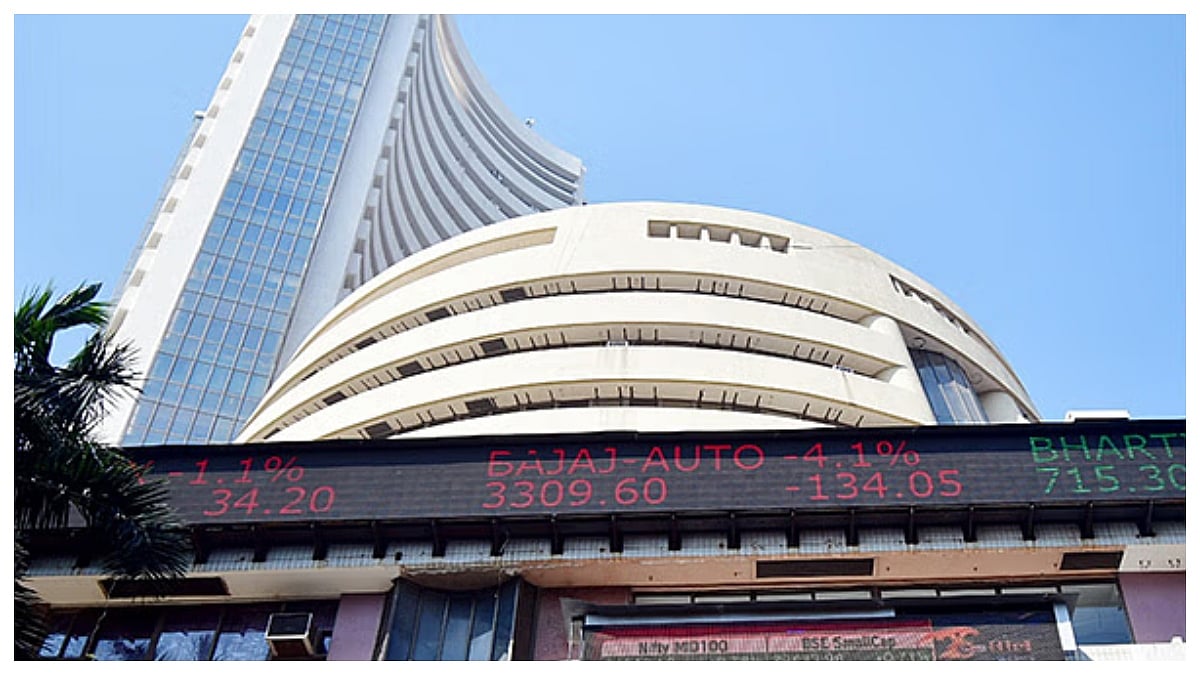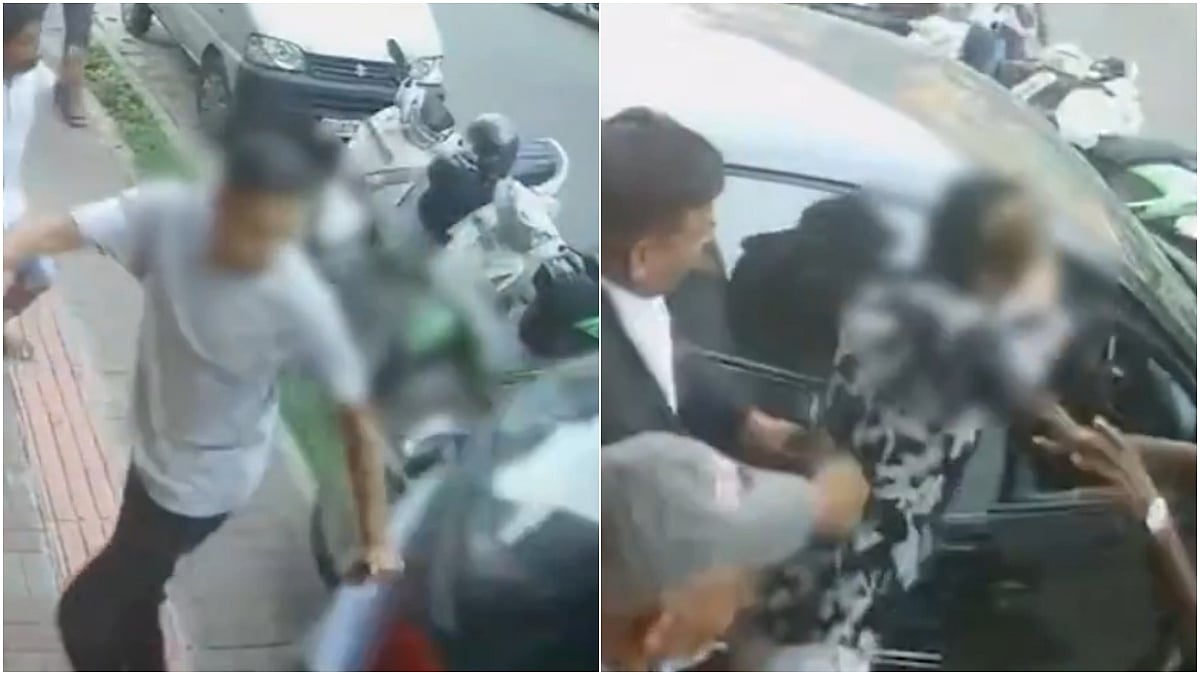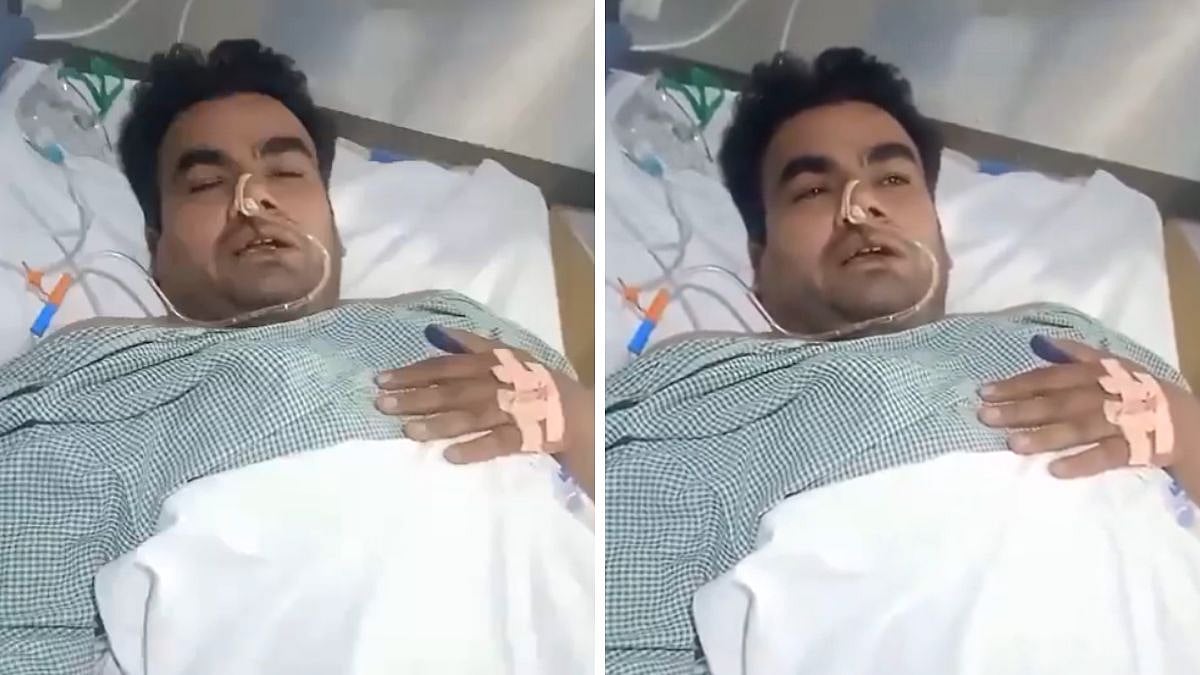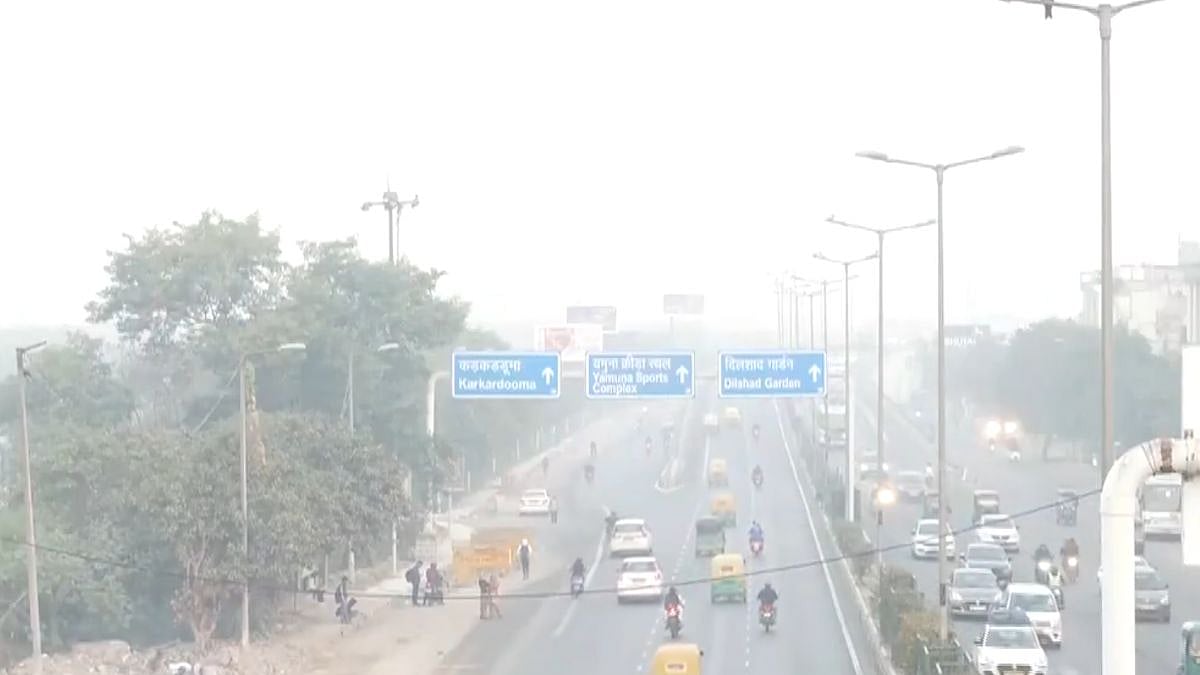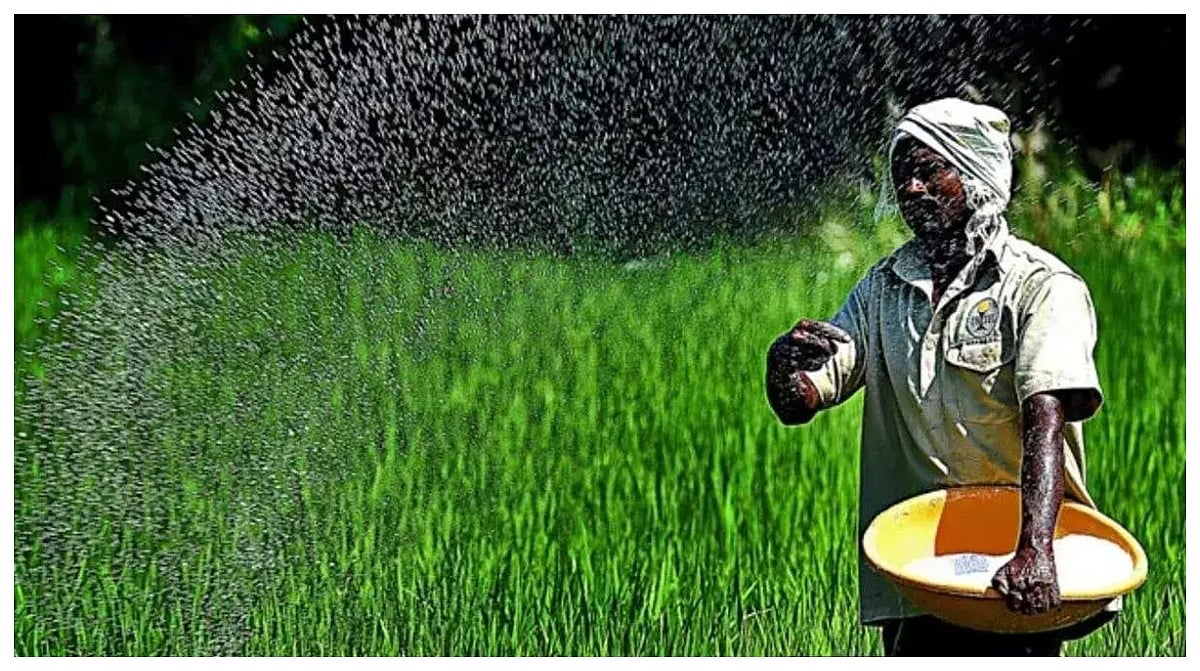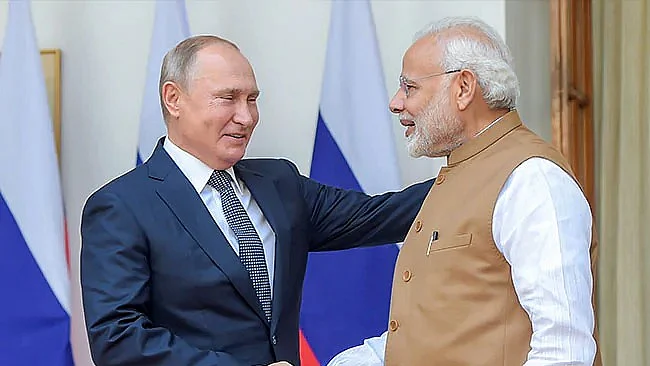India should move towards developing herd immunity, fells Dr Jayaprakash Muliyi, the former principal at Christian Medical College in Vellore.
In an interview with Business Standard, Dr Muliyil says that days of eradicating the disease are far from over.
Dr Muliyil was, however, critical of the UK model of herd immunity, stating that the more the mobility, the greater the chance of the infection spreading. “There is low resistance in the beginning, as the virus is new and there is no immunity against it. If it is transmitted, there is nothing you can do to stop it. And since it becomes sub-clinical, isolating that person becomes a tiresome job. The UK missed out on that and that’s why herd immunity did not work there,” he added.
But how does herd immunity happen?
Herd immunity occurs when people in a particular area become immune to an infectious disease that it stops it from spreading. This can be done in two ways: many people contract the disease and over time, build an immune response or if they are vaccinated against the disease.
This happens when a large section of the population becomes immune to the disease resulting in the virus spread slowing down or stopping. The best example of this is the H1N1 influenza, popularly known as swine flu. At the time, nothing India did seemed to work, but over a period, we stopped worrying because the disease stopped spreading thanks to herd immunity.
How does herd immunity work?
When someone from a population becomes immune to a disease, its spread automatically reduces when an individual or a group of individuals develop immunity to it. Usually a virus moves from person to person through a chain, but with immunity builds up, the chain gets broken slowly. This helps protect people who aren’t vaccinated or who have low functioning immune systems and may develop an infection more easily, such as senior citizens, pregnant women, and infants and younger children.
In certain diseases, you are required to have a herd immunity of 80 to 95 per cent. This means that if five people in a population of 100 contract COVID-19, the remaining 95 per cent have to leave the area.
The biggest challenges to develop a vaccine right now, and companies have already announced that a proper vaccine was in the pipeline. Given that social distancing is the only way to battle this virus, there is no chance that employing Method 1 i.e. travelling in crowds and breaking the chain will develop in case a person develops auto-immunity. Experts also agree that herd immunity against the virus may only develop once the vaccine is developed.
Fortunately, the good news is that several papers have concurred that the virus takes time to mutate, which means that the final vaccine may come out sooner rather than later.

